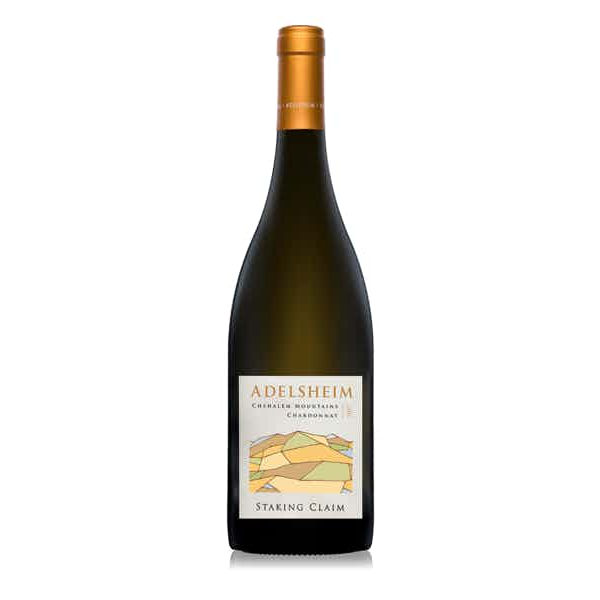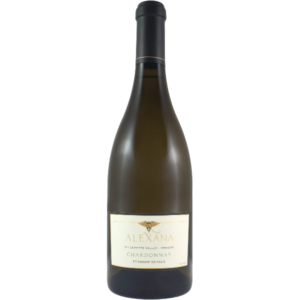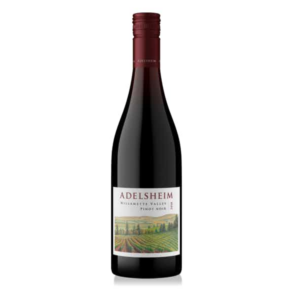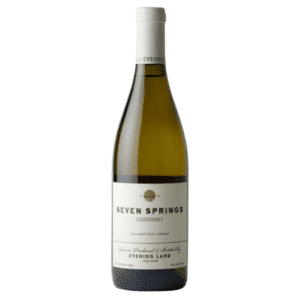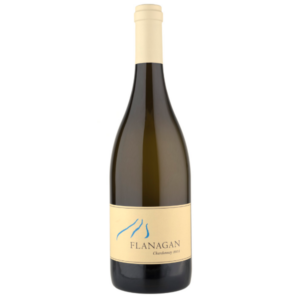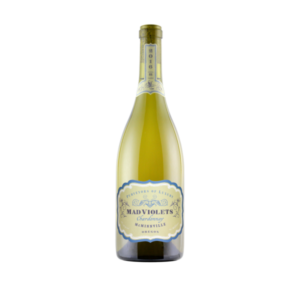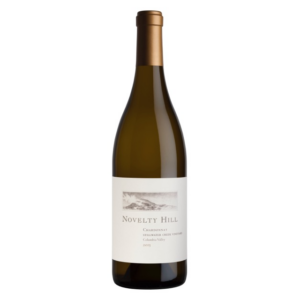2017 Adelsheim Chardonnay
Oregon
Live Certified Sustainable Winery
Tasting Notes
This opens with aromas of fresh apples and white talc, with a quiet underpinning of white flowers. On the palate there’s a coiled sensibility to this wine, like it’s lying in wait to spring out at you. This is buffered by a cool, creamy lusciousness that carries into a long finish.
About Adelsheim
Luck, fate, and a single-minded determination to make world-class wine in Oregon led David and Ginny Adelsheim to purchase their first 19 acres just outside Newberg, Oregon in 1971. Drawn to the uniqueness of the land and its proximity to Portland, it was here they decided to stake their claim, plant their first rows of Pinot noir along Quarter Mile Lane, and establish what would become the Chehalem Mountains’ first-ever winery in 1978—Adelsheim.
Since 1971, we have obsessively pursued benchmark wines that celebrate the unique bounty of our estate vineyards — home to some of Oregon’s most diverse soil types, elevations, and exposures. As a founding winery of the Willamette Valley and Chehalem Mountains’ first winery, Adelsheim has played an instrumental role in nearly every aspect of the Oregon wine story. As leaders, we believe it is our duty to be steadfast stewards of this abundant land and to rally our community in support of equity and education. Adelsheim is a LIVE certified sustainable winery, a 2017 Wine & Spirits Top 100 Winery, and the official wine sponsor of the Portland Trail Blazers.
ADELSHEIM IS A LIVE CERTIFIED SUSTAINABLE WINERY
When Adelsheim says we are a sustainable business, we mean that we continuously strive to find the most responsible balance between environment, community, and our business practices. Like high quality wine, finding a harmonious balance is vital for the long-term health and viability of our industry. We endeavor to achieve this by leading our industry in certified sustainable practices as well as the day-to-day choices we make as a winery, organization, and employer.
Powered by the sun
A significant portion of our energy is generated by the sun. Lucky for us, Willamette Valley boasts quite a few more days of sunshine than our Portland neighbors. So, the next time you drive up Calkins Lane towards our Tasting Room, please gaze starboard to see our solar panels.
Clean and efficient
We want to go higher, while our gas usage goes lower. In 2017 we purchased an electric forklift for all of our cellar operations. As a result, we have significantly reduced our propane and natural gas usage — not to mention the kudos of our cellar staff.
Lights out
Why leave the lights on when no one’s around? In 2015, we installed motion sensor lighting in our tank room to ensure we only use what is necessary to keep our cellar crew happy and our wines tip top.
Lighten the load
In 2010, eco-friendly glass was introduced to house our Willamette Valley Pinot noir, Chardonnay, and Rosé. This lighter weight bottle maintains its integrity while helping cut down on the CO2 needed to produce and ship it.
Biodiversity
Biodiverse flora and fauna thrive throughout our vineyards. Take a vineyard hike and you’ll find bird boxes (home to Bluebirds, Barn Owls, and Kestrels) as well as wildlife corridors that encourage animals’ native migratory patterns. Roughly 24% of our total acres is unplanted or designated for ecological compensation. Along the vineyard rows you’ll see a blend of cover crops such as Cereal Rye, Common Vetch, and Crimson Clover. These natural protectors preserve our soil integrity during the rainy winter.
Closed-loop
We compost throughout our properties utilizing pomace from the past years’ harvest along with manure from other growers throughout Willamette Valley. Once digested, this waste is reintroduced into the vineyard, continuing its natural growth cycle.
Weeding the Oregon way
In an effort to reduce our chemical input and maintain soil integrity, we opt for mechanical weeding instead of spraying herbicides on our crops. Our double-sided clemens weed bars go below the surface to rip weeds. The benefit of this healthy alternative is unmatched, and easily seen throughout our vineyards.

Oregon
Live Certified Sustainable Winery
Tasting Notes
This opens with aromas of fresh apples and white talc, with a quiet underpinning of white flowers. On the palate there’s a coiled sensibility to this wine, like it’s lying in wait to spring out at you. This is buffered by a cool, creamy lusciousness that carries into a long finish.
About Adelsheim
Luck, fate, and a single-minded determination to make world-class wine in Oregon led David and Ginny Adelsheim to purchase their first 19 acres just outside Newberg, Oregon in 1971. Drawn to the uniqueness of the land and its proximity to Portland, it was here they decided to stake their claim, plant their first rows of Pinot noir along Quarter Mile Lane, and establish what would become the Chehalem Mountains’ first-ever winery in 1978—Adelsheim.
Since 1971, we have obsessively pursued benchmark wines that celebrate the unique bounty of our estate vineyards — home to some of Oregon’s most diverse soil types, elevations, and exposures. As a founding winery of the Willamette Valley and Chehalem Mountains’ first winery, Adelsheim has played an instrumental role in nearly every aspect of the Oregon wine story. As leaders, we believe it is our duty to be steadfast stewards of this abundant land and to rally our community in support of equity and education. Adelsheim is a LIVE certified sustainable winery, a 2017 Wine & Spirits Top 100 Winery, and the official wine sponsor of the Portland Trail Blazers.
ADELSHEIM IS A LIVE CERTIFIED SUSTAINABLE WINERY
When Adelsheim says we are a sustainable business, we mean that we continuously strive to find the most responsible balance between environment, community, and our business practices. Like high quality wine, finding a harmonious balance is vital for the long-term health and viability of our industry. We endeavor to achieve this by leading our industry in certified sustainable practices as well as the day-to-day choices we make as a winery, organization, and employer.
Powered by the sun
A significant portion of our energy is generated by the sun. Lucky for us, Willamette Valley boasts quite a few more days of sunshine than our Portland neighbors. So, the next time you drive up Calkins Lane towards our Tasting Room, please gaze starboard to see our solar panels.
Clean and efficient
We want to go higher, while our gas usage goes lower. In 2017 we purchased an electric forklift for all of our cellar operations. As a result, we have significantly reduced our propane and natural gas usage — not to mention the kudos of our cellar staff.
Lights out
Why leave the lights on when no one’s around? In 2015, we installed motion sensor lighting in our tank room to ensure we only use what is necessary to keep our cellar crew happy and our wines tip top.
Lighten the load
In 2010, eco-friendly glass was introduced to house our Willamette Valley Pinot noir, Chardonnay, and Rosé. This lighter weight bottle maintains its integrity while helping cut down on the CO2 needed to produce and ship it.
Biodiversity
Biodiverse flora and fauna thrive throughout our vineyards. Take a vineyard hike and you’ll find bird boxes (home to Bluebirds, Barn Owls, and Kestrels) as well as wildlife corridors that encourage animals’ native migratory patterns. Roughly 24% of our total acres is unplanted or designated for ecological compensation. Along the vineyard rows you’ll see a blend of cover crops such as Cereal Rye, Common Vetch, and Crimson Clover. These natural protectors preserve our soil integrity during the rainy winter.
Closed-loop
We compost throughout our properties utilizing pomace from the past years’ harvest along with manure from other growers throughout Willamette Valley. Once digested, this waste is reintroduced into the vineyard, continuing its natural growth cycle.
Weeding the Oregon way
In an effort to reduce our chemical input and maintain soil integrity, we opt for mechanical weeding instead of spraying herbicides on our crops. Our double-sided clemens weed bars go below the surface to rip weeds. The benefit of this healthy alternative is unmatched, and easily seen throughout our vineyards.



